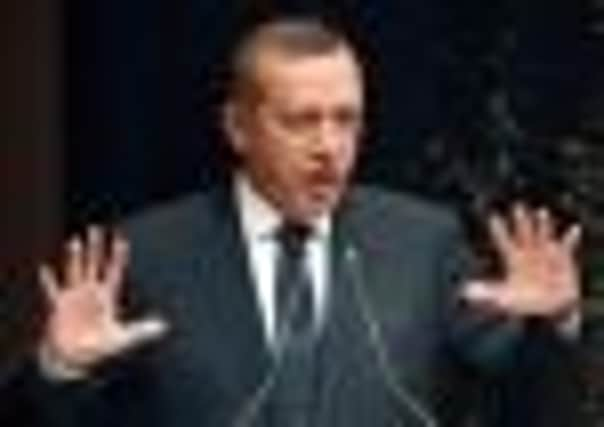Analysis: Regional politics are increasingly a force for global good


We were reverting to Cold War politics, in which the West was unwilling to use force and Russia was willing to keep arming its client. Thus, Russia held the trump card: the choice of how much pressure it was willing to put on Syrian president Bashar al-Assad to comply with the plan.
If this view were correct, Iran would surely be holding an equally powerful hand. Annan, after all, also travelled to Tehran. Traditional balance-of-power geopolitics, it seems, is alive and well. But this is, at best, obscures as much as it reveals. In particular, it misses the growing importance of regional politics and institutions.
Advertisement
Hide AdAdvertisement
Hide AdA longer-term resolution of the Syrian crisis depends as much on Turkey and the Arab League as it does on the United States, Europe and Russia. Turkey’s government made it clear that it would turn to new measures if Annan’s plan does not produce results. Turkish officials have been issuing similar proclamations for months, but now Syrian troops have fired into Turkey, chasing Free Syrian Army rebels who fled across the border. Last week, prime minister Recep Tayyip Erdogan raised the stakes dramatically with talk of having “many options”, and by adding: “Also, Nato has responsibilities to do with Turkey’s borders, according to Article 5.”
Article 5 of the Nato treaty stipulates that an attack on one member is an attack on all, and that all will come to the member’s aid. Of course, other Nato members might disagree that Syria has attacked Turkey, but if Turkey were to invoke Article 5, a refusal to offer assistance could have unpleasant consequences for the alliance as a whole.
If a credible case can be made that Turkey and its allies are acting in self-defence, then they do not need to seek the UN Security Council’s approval. That makes Erdogan’s suggestion a game-changer, forcing Assad to reckon with the prospect of a de facto militarily-enforced safe zone for the civilian opposition.
The deeper point here is that regional organisations, including Nato, provide the first level of legality and legitimacy required for a successful use of force. The US would not have supported intervention in Libya if the Arab League had not supported a no-fly zone and been willing to go to the UN on that basis.
Africa provides the best evidence for a geopolitics based as much on regional powers and institutions as on traditional great powers. Upheavals in Senegal, Mali, Malawi and Guinea-Bissau have been addressed swiftly by other regional powers. In particular, the African Union has acted repeatedly in the name of enforcing the African charter on democracy, elections, and governance.
Increasingly, when a regional institution will not act, outisde powers find it difficult to intervene. But when a region does unite on a course of action, intervention becomes either less necessary or more effective.
l Anne-Marie Slaughter is Professor of Politics and International Affairs at Princeton University